Buying a home is very likely to be the most expensive purchase you ever make. Saving up for a deposit can be one of the most difficult aspects, especially for those saving to buy their first home. Whether you have found your ideal property and are starting to save up or you are about to begin your home-buying process, this guide is here to help you learn everything you need to know about saving for your first home.
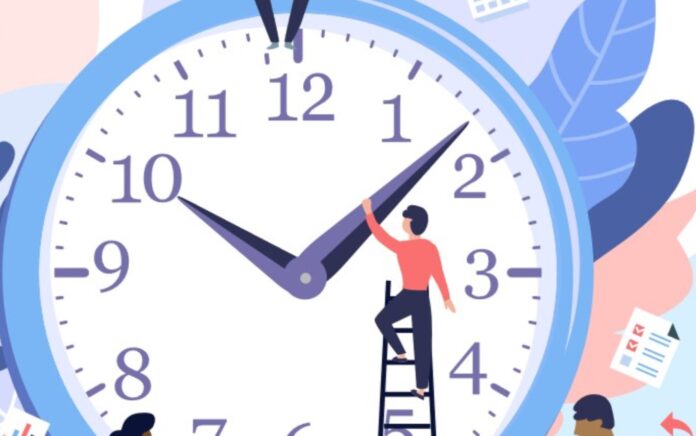
1. Create a Realistic Time Frame
When it comes to buying your first home, it can be tempting to be overeager and rush into the purchasing process. Rushing into buying a house can cause problems later down the line, as you might be tempted to take out a short-term, high-interest loan to quickly find the funds you need. Setting a realistic time frame is essential when it comes to saving up the money you will need in order to purchase your first home.
Giving yourself a time frame that is too short can cause issues, as you won’t have enough time to save the money you need. However, setting yourself a time frame that is too long can also create problems down the line. This is because when a time frame is too long it can lead to complacency, as you don’t feel a pressing need to save money you are likely to put it off.
2. Create a Budget
When you are looking to save up for a deposit for your first home it is important that you create a robust budget. When you are designing your budget there are many considerations you will need to make, including the following:
- The amount of money you will need to save for a deposit
- Your current incoming finances
- Your essential payments
- Your non-essential outgoing expenditures
Your essential payments will include costs such as your rent, your bills, and your utilities. Your non-essential expenditures can include a variety of different lifestyle payments such as how much money you spend on clothes or meals out in a month.

3. Consider Flat Sharing
Once you have created a budget for yourself you might have come to realize that realistically, without change, it will take you a long time to save up the money you need in order to pay a reasonable deposit. If this is the case then you should look to see if there is a way that you can cut down your essentials payments.
One of the most popular ways in which people choose to cut down on their regular essential payments is to move into a more affordable accommodation before they purchase their first home. Sharing a flat with other people is a great way to keep down both your rent and your monthly bills.
4. Consult With an Expert
If you are struggling to come up with a plan to help you to save for your first home it can be hugely useful to consult with a financial expert such as those at Van Leeuwen & Company. Consulting with a financial expert will enable you to benefit from the very best knowledge and experience, as your financial consultant will be able to help you to create a fully tailored financial strategy that is dedicated to helping you plan and achieve your financial goals.
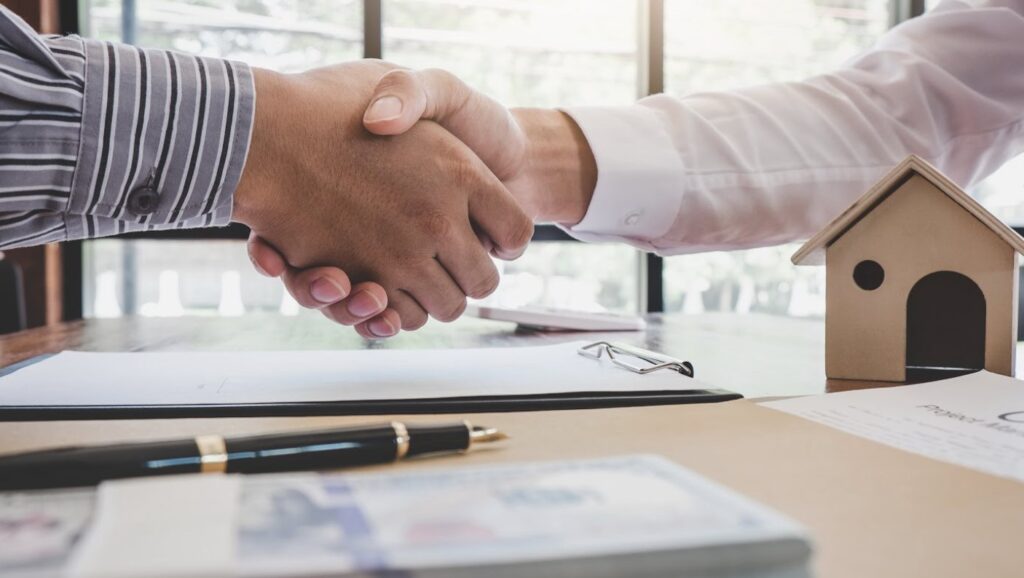
5. Be Mindful About Your Savings
When it comes to saving up for your first home it is not only important that you are mindful about the amount of money that you are regularly saving, but also about where you are putting your savings. Interests rates, of course, will change over time, but there are some locations that promise higher interest rates than others. Instead of keeping your money in a standard savings account, you should be looking to save in a high-interest account.
You might want to consider putting your savings into an ISA to ensure you are able to put your savings to work effectively while you are getting ready to purchase your first home.
6. Get Into Good Habits
Getting into good financial habits is another essential step when it comes to saving for your first home. This can be difficult, but it will not only benefit your home-buying journey, but also your financial future, too.
You need to be able to hold yourself accountable for the financial choices you are making. When you are saving up for a very large purchase, such as the deposit on your first home, it can be all too easy to lose sight of the importance of small purchases. Holding yourself accountable, being mindful, and getting into good spending habits even with small purchases is essential when it comes to long-term savings.
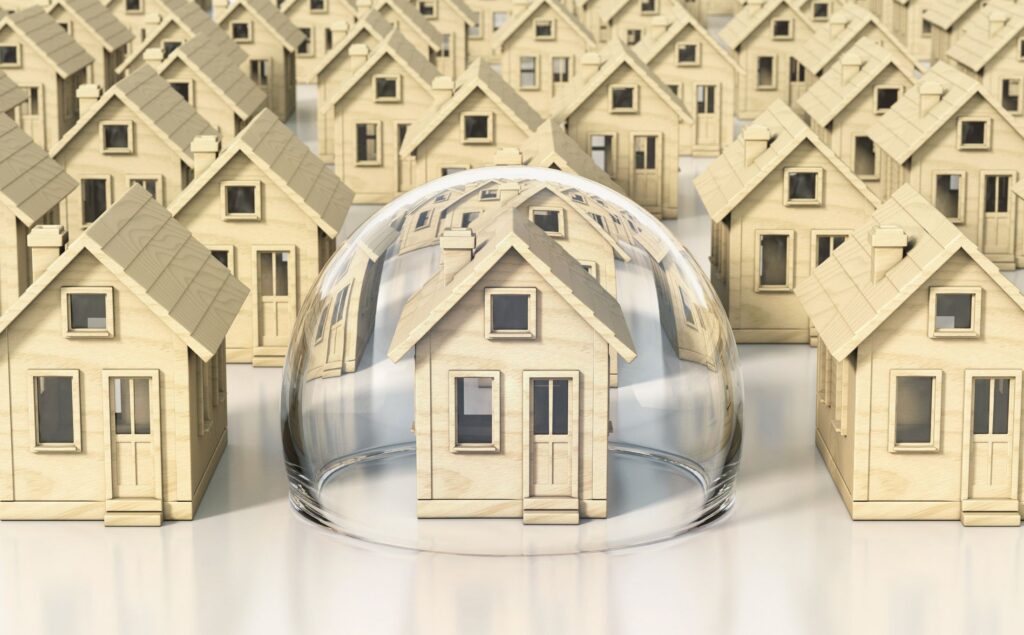
7. Be Aware of All of the Costs
When it comes to buying your first home it is all too common for people to only save money for the deposit, as they are unaware of the other costs that are involved in the process of buying a house. Some of the other costs that are involved when you are purchasing a property include stamp duty, solicitor fees, surveyors costs, removal services, and possible renovations.
8. Find the Right Property
No matter how conscientiously you are saving your money or how good your spending habits might be, if you are not searching for the right home then you will inevitably run into issues in the long term. Purchasing a home that is too expensive can make the process of upkeeping it over the years much more difficult. Therefore, it is vitally important that first-time home buyers are focused on purchasing the right property in the right price range.
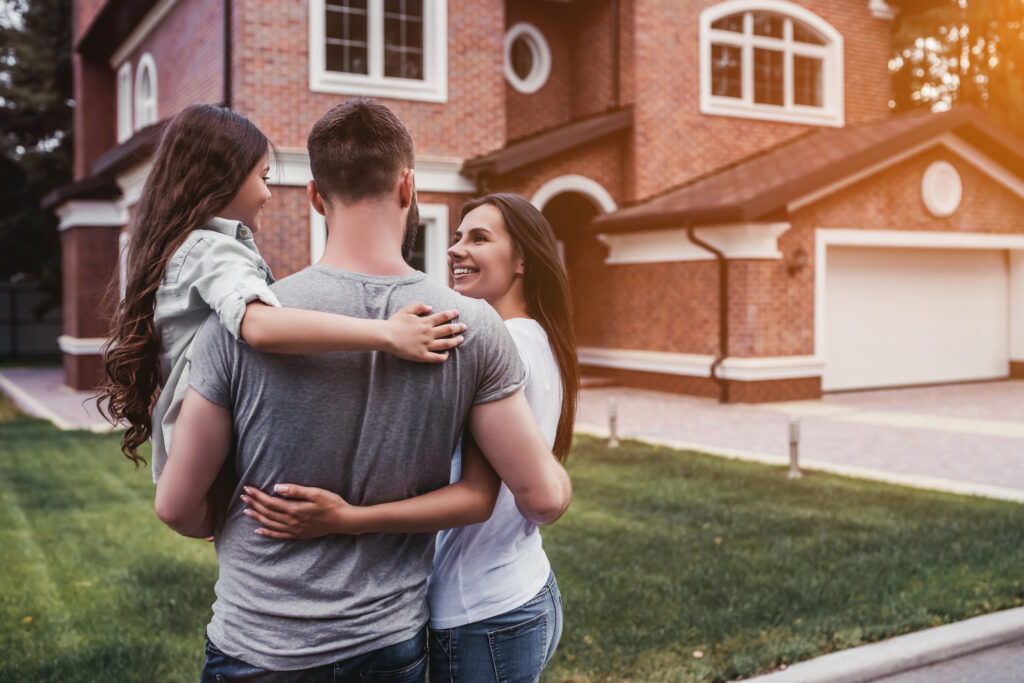
You will need to take the time to work out exactly what you are able to afford before you begin the process of buying your first home. Taking the time to ensure you are purchasing the right home for your budget is critical for both your financial and mental wellbeing—for now and in the future.

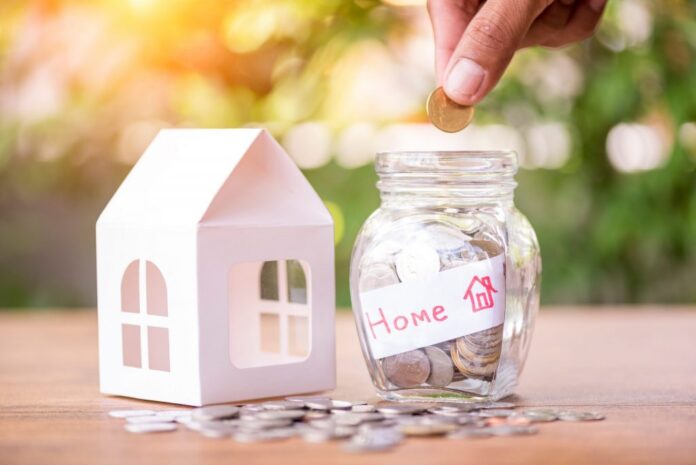



![Calgary’s Hottest Neighborhoods for Luxury Homebuyers [2024]](https://thewashingtonote.com/wp-content/uploads/2024/04/Calgary-324x160.png)



